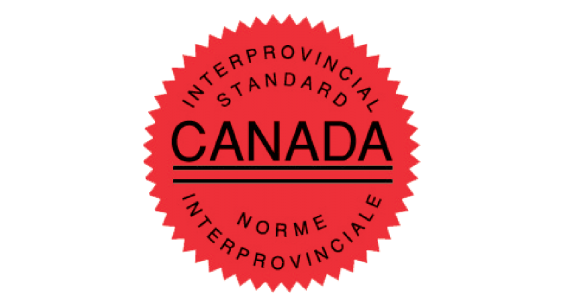Errington Mechanical – Plumbing, Heating & Cooling Richmond.
Errington Mechanical, Plumbing Heating HVAC Richmond is a locally-owned business based in Richmond BC Canada. Our technicians are highly-skilled, experienced individuals who are well versed in all aspects of residential, commercial, and strata building plumbing, heating, cooling and gas fitting.
Our Services
Errington Mechanical services.
Plumbing Services
Welcome to Errington Mechanical, Plumbing Heating and HVAC Richmond, your trusted partner for all your plumbing, heating, and HVAC needs. Our team of experienced professionals is here to provide you with exceptional services that ensure your utmost satisfaction. With over 20 years of industry expertise, we have established a strong reputation for delivering outstanding results.
At Errington Mechanical, we are proud to offer a wide range of HVAC and plumbing services to residents and businesses from Richmond, Vancouver the north shore and beyond. We are a fully licensed and insured company, and we have over 20 years of experience in the industry.
Our services include:
Residential plumbing: We provide a full range of residential plumbing services, including water heater installation and repair, drain cleaning, and sewer line repair.
Commercial plumbing: We also offer commercial plumbing services to businesses of all sizes. We can handle everything from new construction to renovations.
Gas fitting: We are experts in gas fitting, and we can install and repair gas lines for your home or business.
Heat pumps: We are also a leading provider of heat pumps in Richmond, BC. We can help you choose the right heat pump for your needs, and we can install and maintain your heat pump for years to come.
We are committed to providing our customers with the highest quality of service. We are always available to answer your questions and to help you with your HVAC and plumbing needs.
Call us today at 604-446-3212 to schedule a free consultation.
-
 Hot Water Tanks
Hot Water Tanks
-
 Sinks
Sinks
-
 Baths & Showers
Baths & Showers
-
 Pipes
Pipes
-
 Furnaces & Boilers
Furnaces & Boilers
-
 Heat Pumps
Heat Pumps
-
 Radiant Hot Water Heating
Radiant Hot Water Heating
-
 Tankless Water Heaters
Tankless Water Heaters
-
 Maintenance
Maintenance
2026 Home Efficiency Rebates
Time to upgrade? Save thousands with government efficiency rebates.
Upgrade your home and save money while contributing to a cleaner environment with a home efficiency rebates. Governments and utility companies offer financial incentives to encourage homeowners to make energy-efficient upgrades, such as a BC Hydro heat pump rebate, insulation, or windows.
By reducing your energy consumption, you not only lower your energy bills but also reduce greenhouse gas emissions and mitigate climate change. Take advantage of a heat pump rebate BC and make your home more energy-efficient today.
To learn more about home efficiency rebates in your area, contact your local government or utility company. Errington Mechanical is here to help you with all your plumbing, heating and HVAC needs.
Service Areas
Errington Mechanical servers the lower mainland from West Vancouver to Delta & Surrey.
Richmond BC
North Vancouver
Business Hours
About Errington Mechanical

Jeevan Sandhu
Owner – Red Seal Plumber
Meet the owner of Errington Mechanical, Jeevan Sandhu. As a Red Seal Journeyman Plumber and Gasfitter; he has years of experience in the plumbing, gas and HVAC industry.
Jeevan’s mission is to maintain a professional approach while showing an importance to each of our customers plumbing and HVAC needs.
Our goal is to provide quality plumbing and HVAC solutions while ensuring industry leading customer satisfaction.
We are so confident in our work that we offer a 100% satisfaction guarantee. If you are not happy with our services for any reason, simply let us know and we will make it right
What our Customers Say

Red Seal Certified
A Red Seal endorsement shows that we have the knowledge
and skills necessary to practice plumbing across Canada.
Red Seal program is recognized as the interprovincial standard of
excellence in the skilled trades.











